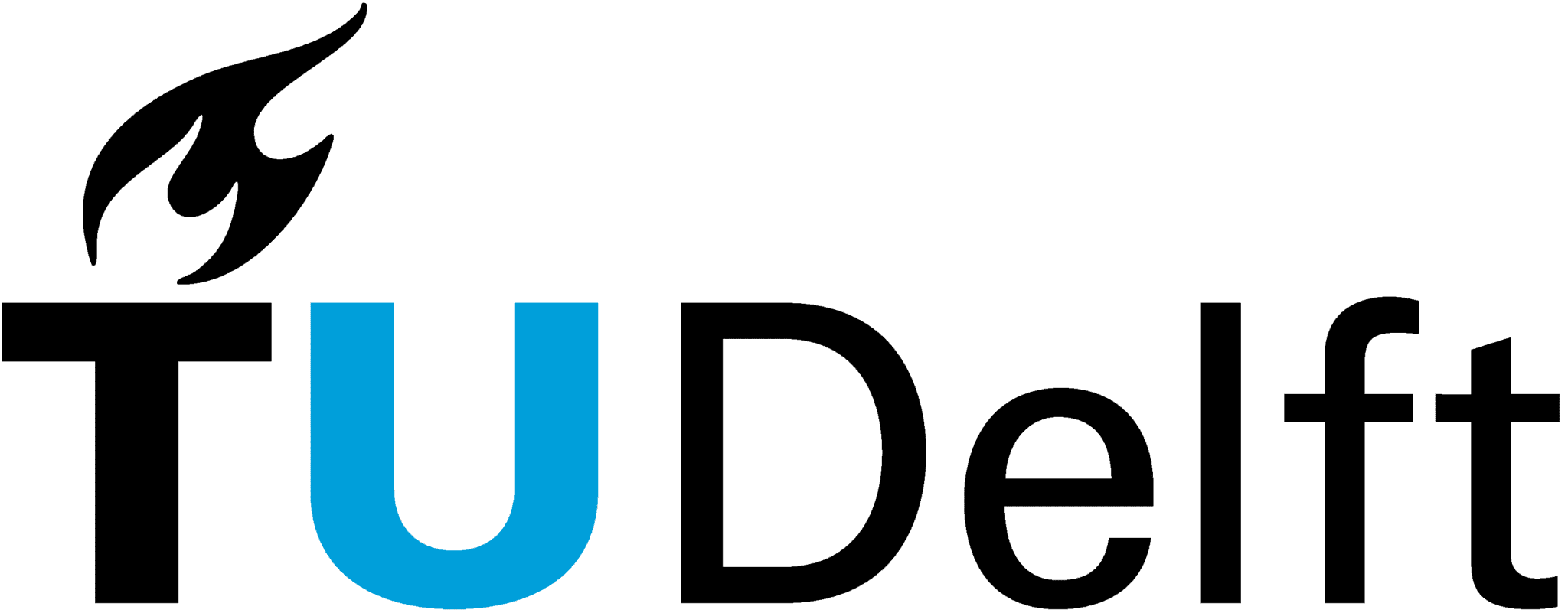Use a systems approach to monitoring and maintenance of railway assets to enhance their performance and availability, and optimize the use of railway infrastructure and rolling stock from an integral perspective.
New technologies applied in railway systems present new challenges. But they also bring opportunities for improving railway operations. As a railway professional, the correct evaluation of advantages and disadvantages of sensing technologies, together with the physical knowledge of the system, will allow you to make use of monitoring data to anticipate defects, make maintenance decisions and tailor appropriate maintenance plans to prevent failures.
Optimal preventive actions
To enable timely preventive maintenance, continuous awareness of the status of the assets is essential. By predicting defects through health condition monitoring and assessing the life cycle costs of maintenance operations, we can determine the optimal preventive maintenance actions, to ensure safety at all times while minimizing costs. In order to understand possible failures and overall rail performance and behavior, the course examines detailed examples of rail defects and maintenance, such as rolling contact fatigue in wheel and rail, wheel and rail geometry, tribology of wheel-rail systems (Wheel-Rail Friction Conditioning).
After taking the course, you will be able to:
- Explain the differences between reactive, preventive, predictive and condition-based maintenance.
- Apply an understanding of the physical background of rail dynamics and tribology to maintenance operations.
- Analyse performance indicators for railway design, performance management and life cycle management.
- Design an integral monitoring and maintenance solution using a systems perspective for a real-life case study drawn from the railway industry.
The future lies in monitoring train and asset quality to determine preventive maintenance actions and minimize life-cycle-costs while maintaining safety. During this course, theoretical knowledge based on real-life examples is used to understand the complex challenges of system performance in railways. Maintenance operations are vital in avoiding defects and optimizing the performance of the whole system over time.
